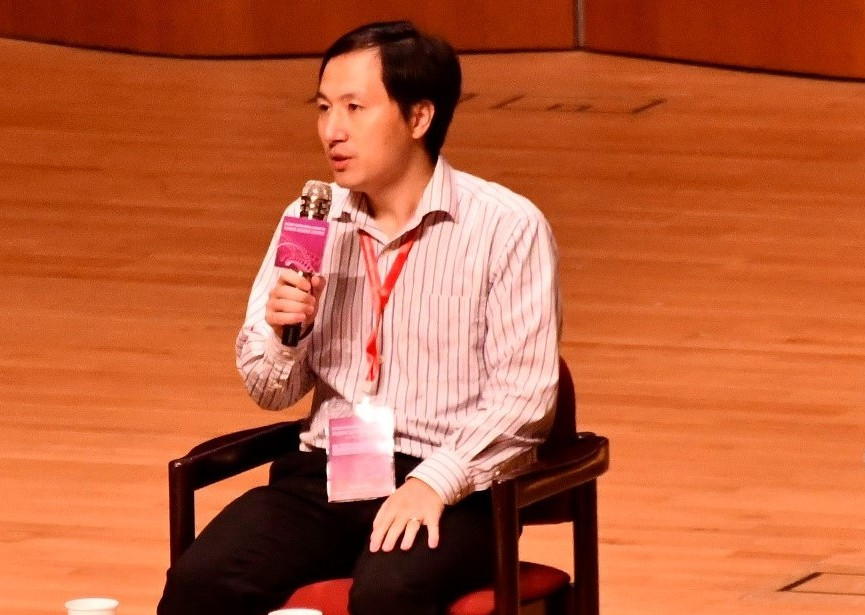Any changes to law on human gene editing should be after public consultation
By Peter McKnight,
Vancouver Sun
| 12. 08. 2022
When a scientist announces the opening of a new laboratory, it doesn’t ordinarily make news around the world. But Chinese biophysicist He Jiankui is no ordinary scientist.
He’s announcement at the end of November came just seven months after he completed a three-year prison sentence for practising medicine illegally. At issue was He’s 2018 YouTube announcement that he had created the world’s first gene-edited babies.
As details became clear, scientists and lawmakers inside and outside China condemned He’s actions, and he was ultimately fired, fined and sentenced to prison. Gene editing also received a lot of negative press, with the usual stories about designer babies flooding the media. He’s new announcement could result in a repeat of the hysteria.
Indeed, stories raising the spectre of eugenics led Canada to prohibit human gene editing long before He created his designer babies. He employed a technique known as CRISPR, short for clustered regularly interspaced short palindromic repeats, which acts like a pair of scissors that allows scientists to edit parts of the human genome.
He used CRISPR to edit the genes of...
Related Articles
By Mike McIntire, The New York Times | 01.24.2026
Genetic researchers were seeking children for an ambitious, federally funded project to track brain development — a study that they told families could yield invaluable discoveries about DNA’s impact on behavior and disease.
They also promised that the children’s sensitive...
By Arthur Lazarus, MedPage Today | 01.23.2026
A growing body of contemporary research and reporting exposes how old ideas can find new life when repurposed within modern systems of medicine, technology, and public policy. Over the last decade, several trends have converged:
- The rise of polygenic scoring...
By Danny Finley, Bill of Health | 01.08.2026
The United States Food and Drug Administration (FDA) has a unique funding structure among federal scientific and health agencies. The industries it regulates fund nearly half of its budget. The agency charges companies a user fee for each application
...
By George Janes, BioNews | 01.12.2026
A heart attack patient has become the first person to be treated in a clinical trial of an experimental gene therapy, which aims to strengthen blood vessels after coronary bypass surgery.
Coronary artery bypass surgery is performed to treat...




